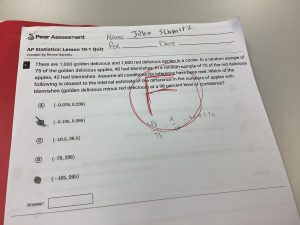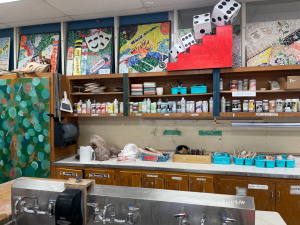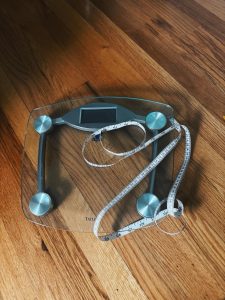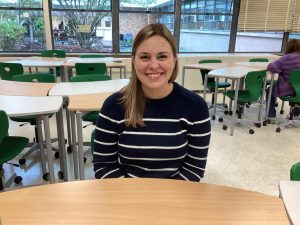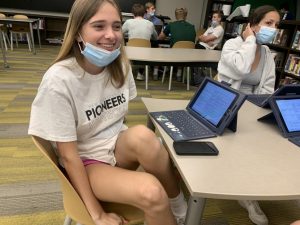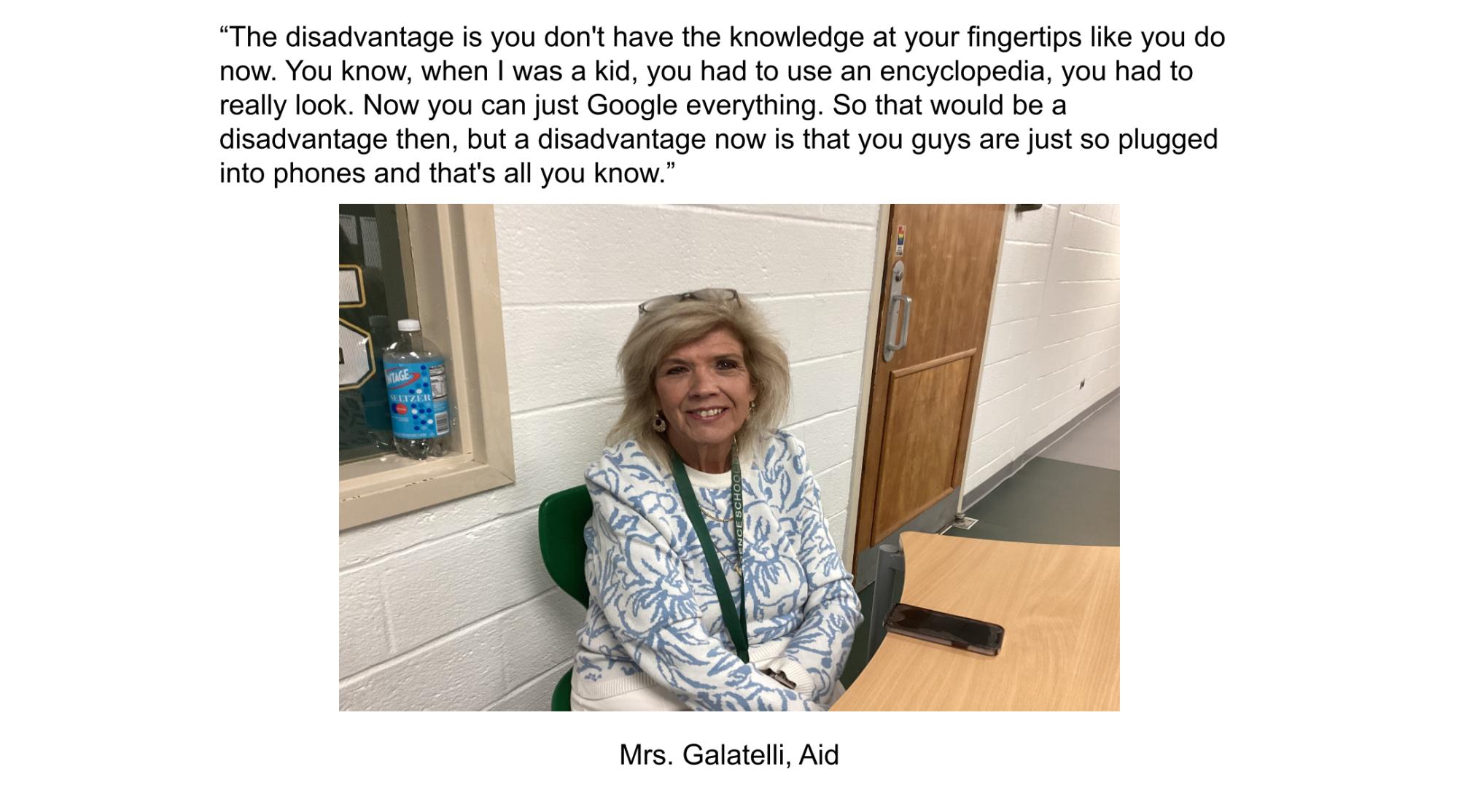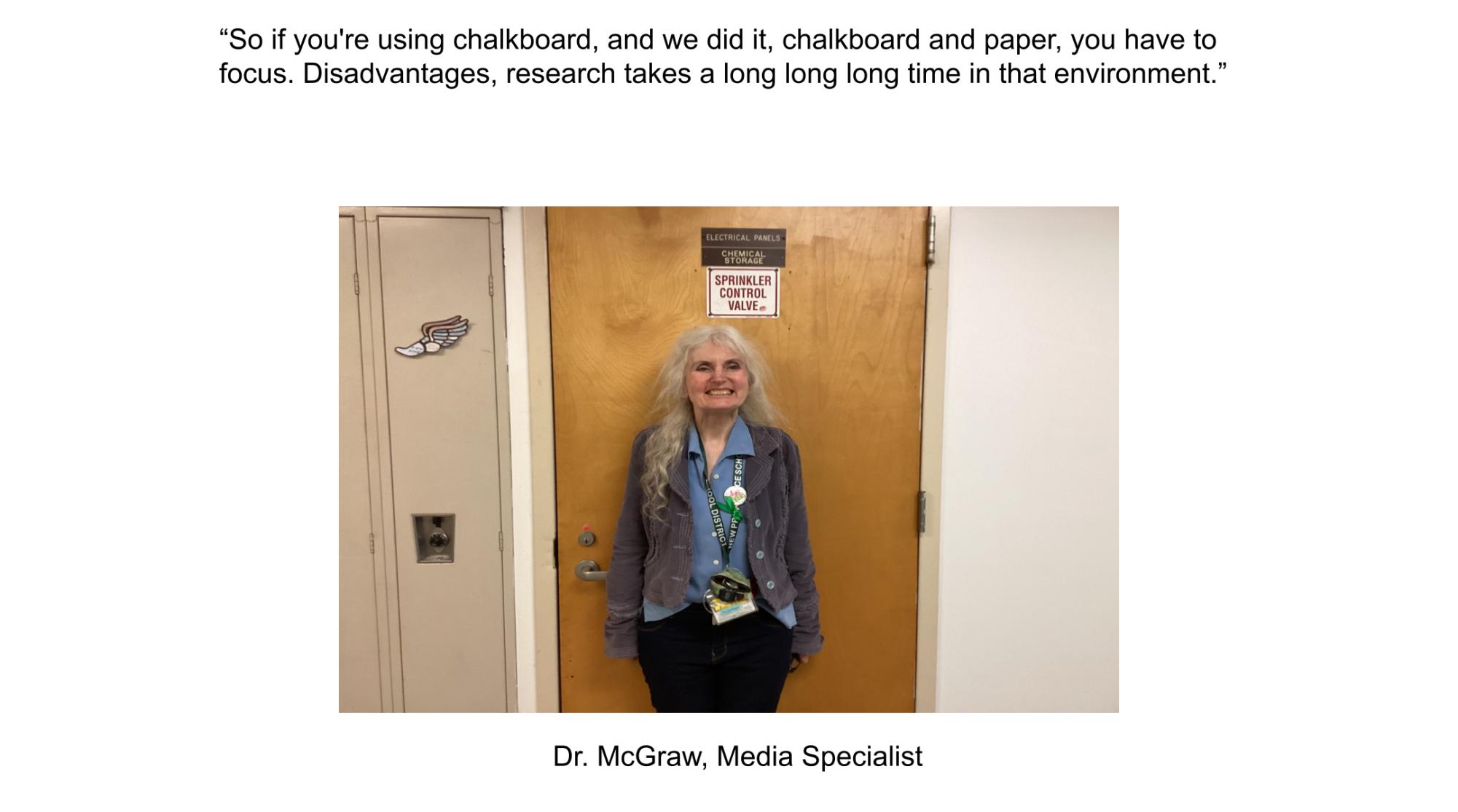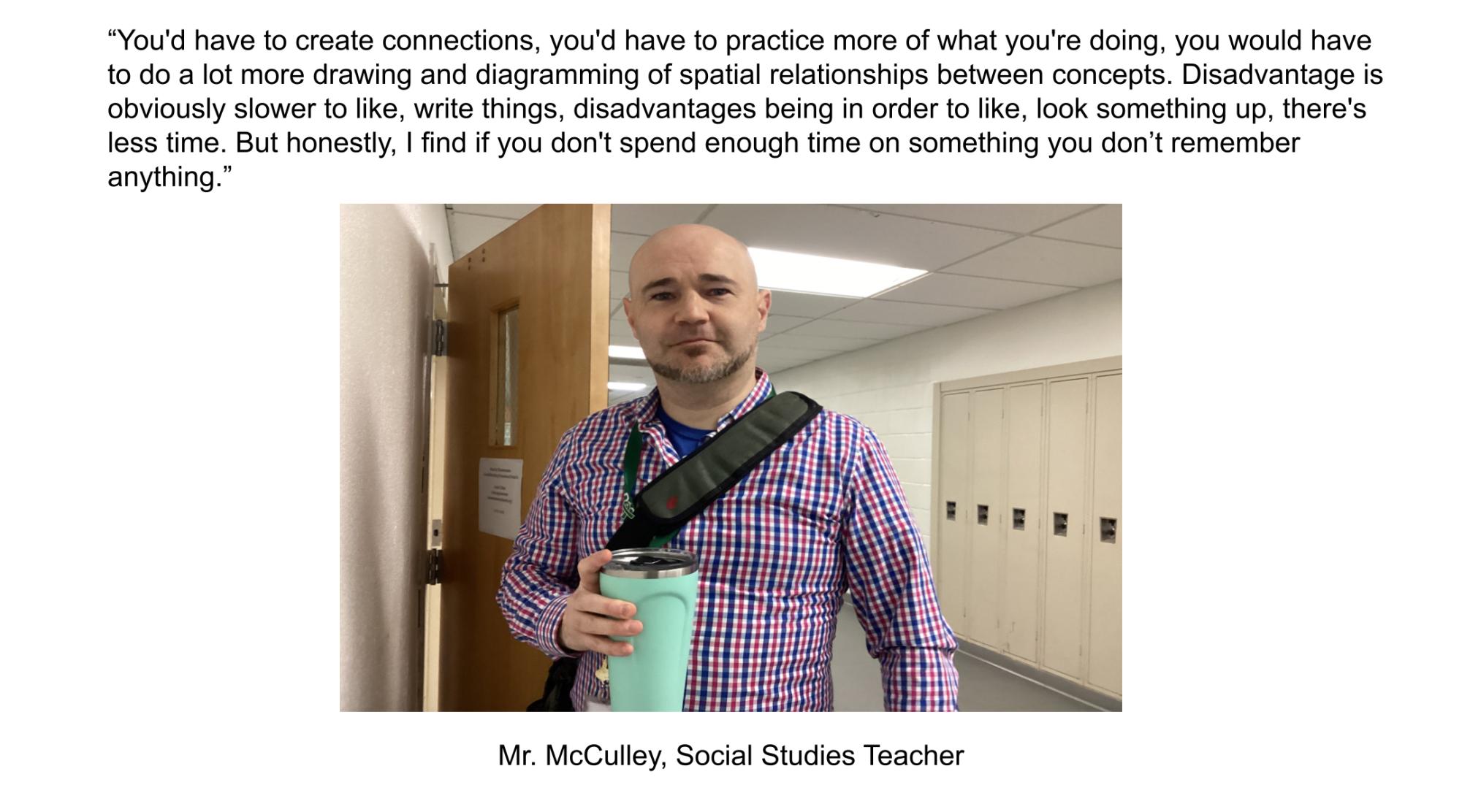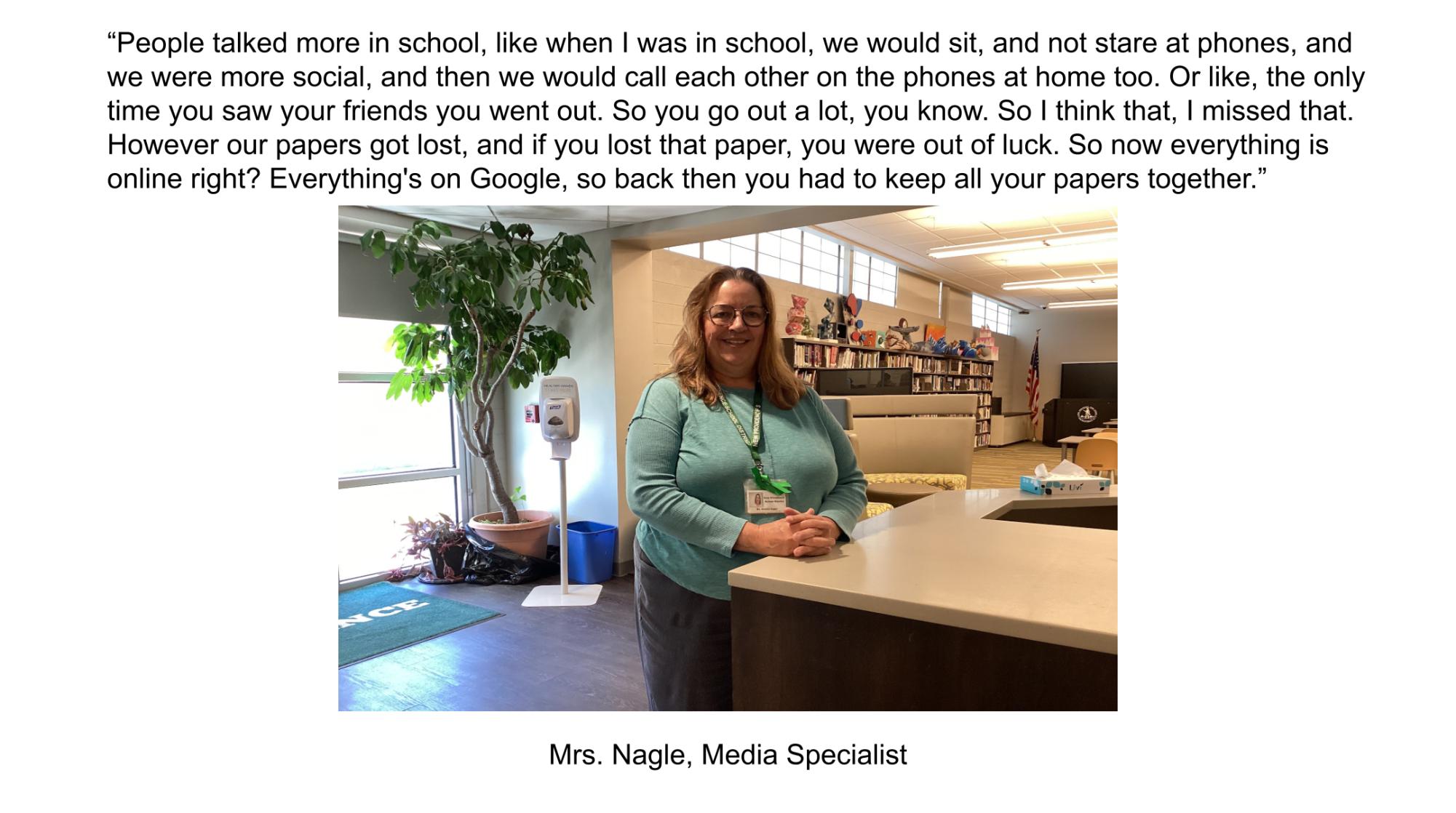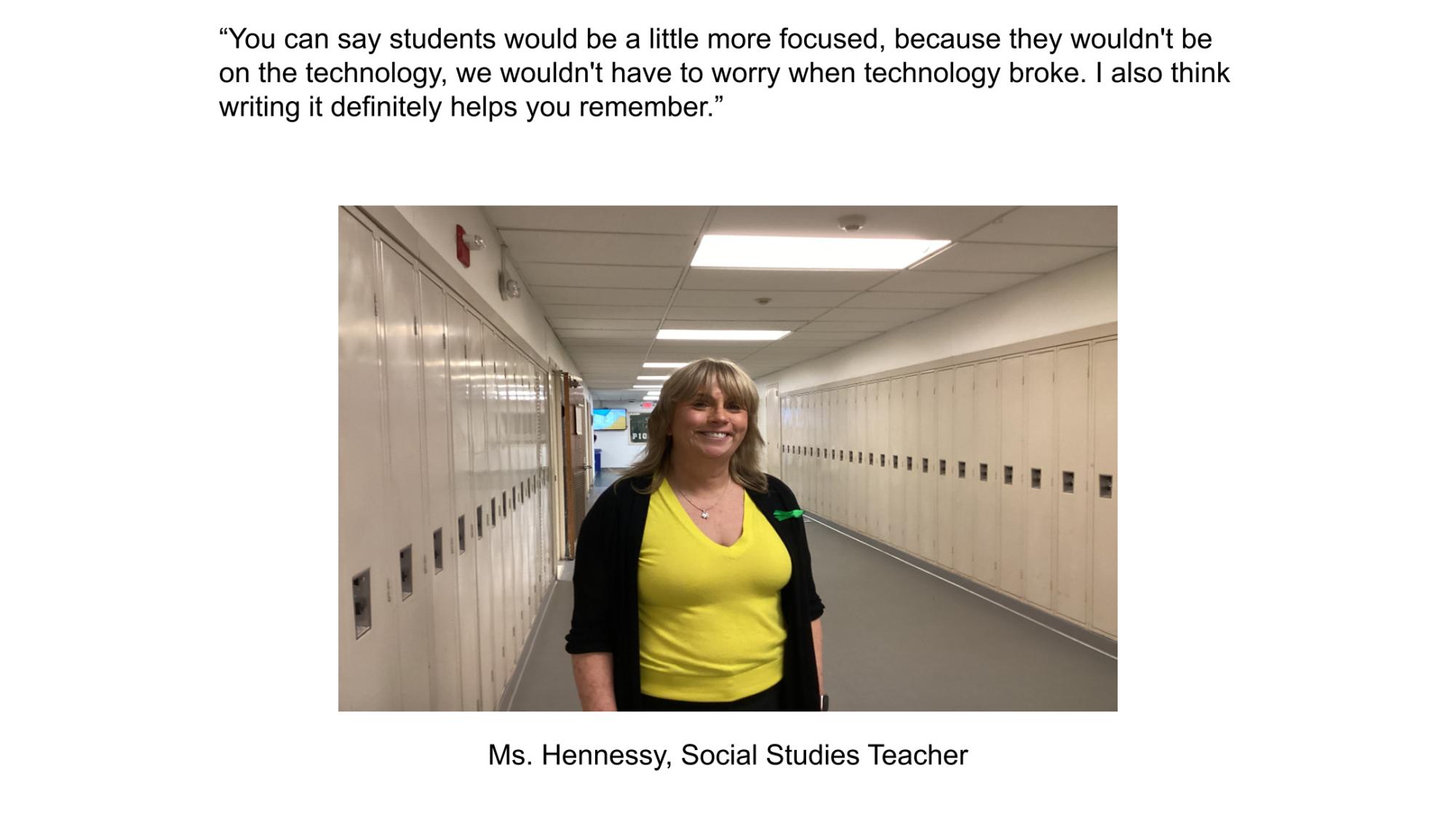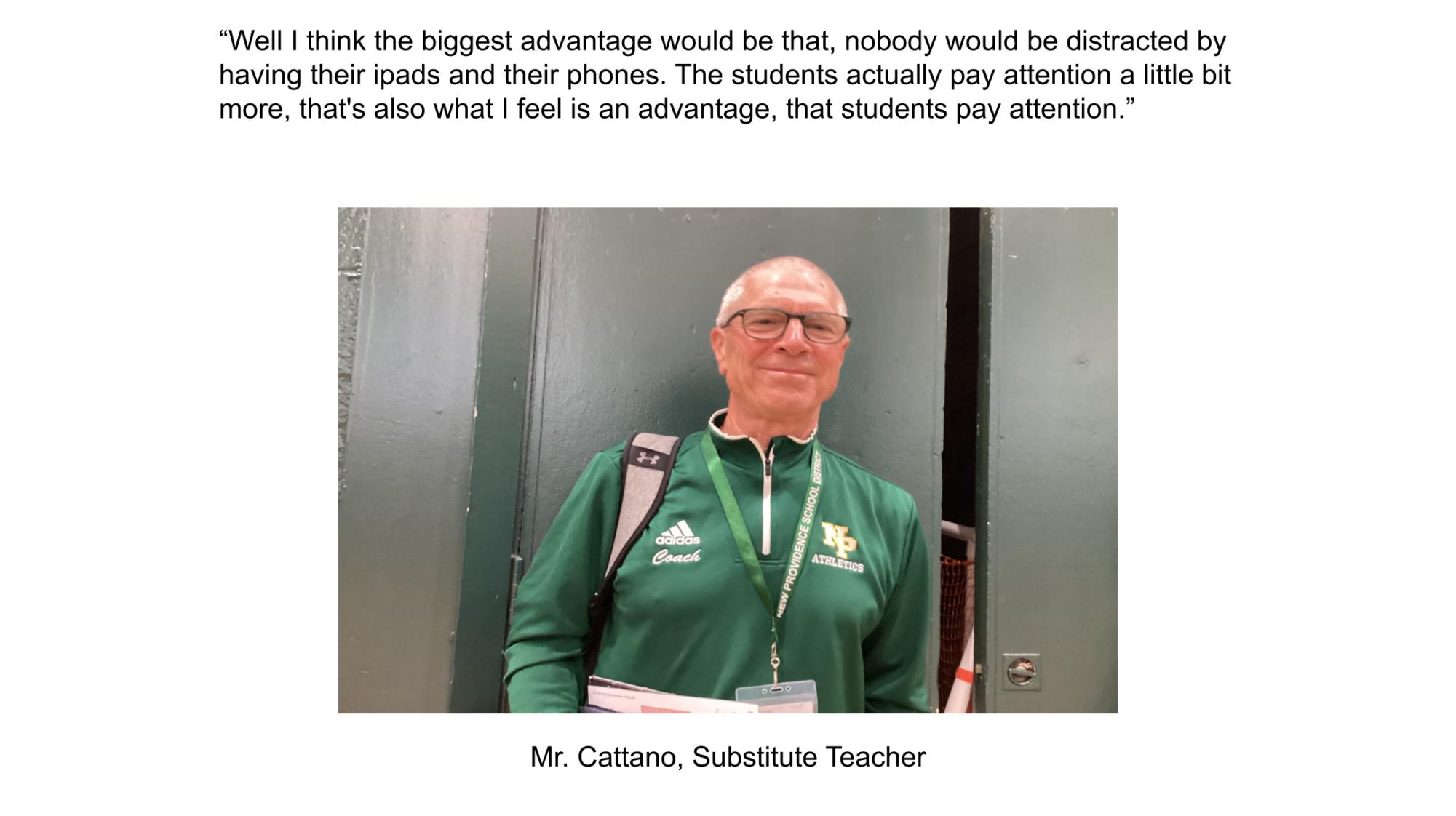An Interview with Mrs. Zirpoli
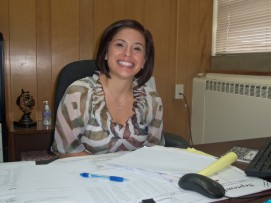
December 20, 2017
After the recent pilot of the new tentative schedule changes that may be implemented next year, students are anxious to hear what the administration has planned. The Providential conducted an interview with Mrs. Lauren Zirpoli to gauge the realm of possibilities for the school schedule in the upcoming year.
The high school principal has emphasized the overwhelmingly positive response received from students and faculty alike from surveys and stories regarding the pilot schedule week. Mrs. Zirpoli has also expressed her own enthusiasm for the tremendous advantages the student body will enjoy as a result of the changes, including having assemblies held during different classes, allowing students who frequently come to school late not to accumulate tardies in the same class every time, and having students miss different periods when they leave school early for athletic competitions. The additional 15 minutes of instruction time will also allow teachers and students to get more work done and can be especially helpful in STEM classes that require equipment to be set up during class. According to Mrs. Zirpoli, the greatest benefit of the new system is students’ ability to take an extra class every year, adding up to 20 more credits during each student’s high school career. This change would facilitate various scheduling conflicts that have previously made it difficult for students to take all the classes they hoped to, which conveniently coincides with the creation of new STEM courses.
“We want to ensure that as we grow our program of studies, students are able to take these courses,” the head of the master schedule commented.
Many possibilities and logistical aspects of the change must still be explored, meaning September is the soonest students can expect these schedule changes to be implemented. Some of the key points of interest Mrs. Zirpoli discussed were the professional period and lunch periods. The possibility of allowing students to drive during open lunch is up for consideration, for example. Splitting up the two non-rotating lunch periods that will replace the current 3 period system is also being discussed, and another possibility on the table is having half of the student body engaged in professional period while the other half are in their lunch period, then vice versa during the following period. All these ideas are being addressed by a committee comprised of representatives from every department in the building, from music to math to media design.
Students and faculty alike have expressed their excitement, riveted for the new opportunities the schedule changes offer. In the words of Mrs. Zirpoli, “There’s been impetus for change.” The interconnected parts of the schedule alteration are “one big shift, [though] each have their own benefits that stand alone.” The monotonous schedule that’s been the standard for the school for so long is being revised to better accommodate a rapidly changing world and a driven student body.


